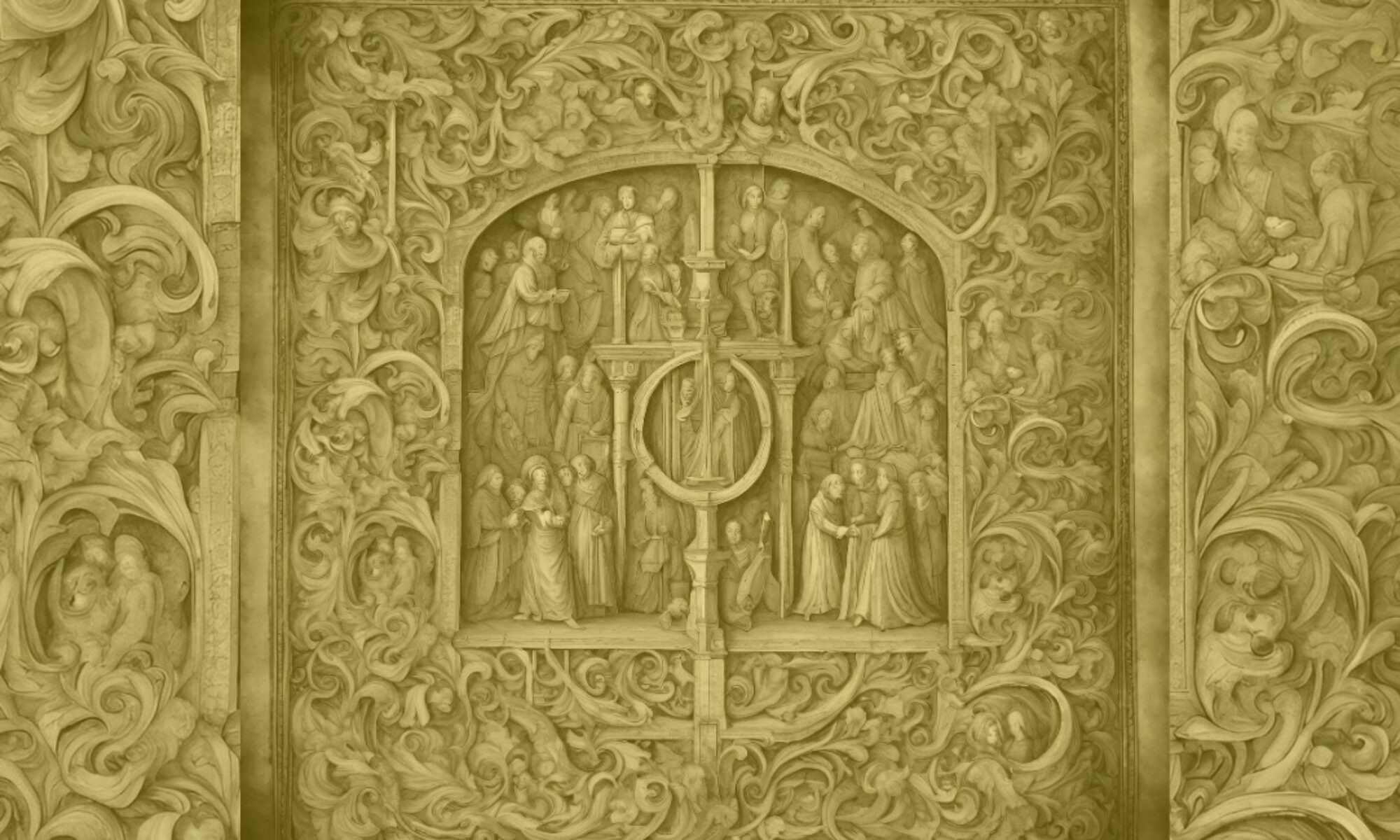Fatima-Zahra’s presentation is called “The Mythic Heart: Exploring the Intersection of Mythology, Astrology, Gender, and the Emotional Center”

The heart has been a powerful symbol throughout history. In astrology, the heart is associated with several celestial bodies, signs, and houses, each with its unique symbolic significance. In this presentation, we will explore the intersection of mythology, astrology, gender, and emotions through an examination of the different heart centers in astrology.
Our journey will start by exploring the ancient astrological myths and archetypes surrounding the heart. We will examine its association with the Moon, Venus, the Fourth House, and the sign of Cancer, all of which have traditionally been linked with the divine feminine archetype. We will also delve into the connection between the spiritual/physical heart and the Sun, a core astrological celestial body traditionally linked with the divine masculine archetype.
However, in our modern world, it’s crucial to have a more inclusive perspective that encompasses a broader range of archetypes and experiences. We will adopt a non-dual stance to examine the similarities between these heart symbols and how they can be reinterpreted in contemporary astrology to reflect a more nuanced understanding of the heart. By doing so, we can redefine what the heart means to us today and explore new insights to reconnect with the inner rhythm of our soul.
Ultimately, our presentation aims to contribute to the conversation around the mythical heart by offering fresh perspectives that will inspire a deeper understanding of this powerful symbol.
About Fatima-Zahra
Fatima-Zahra Farahate, the founder of Living Simplyy, is a Moroccan modern mystic, and a holistic archetypal astrologer with a mission to guide people to the sacred remembrance of their divine nature. Fatima-Zahra offers the seekers the opportunity to dive deep within their psyche and soul journey through the lens of the Zodiac.









